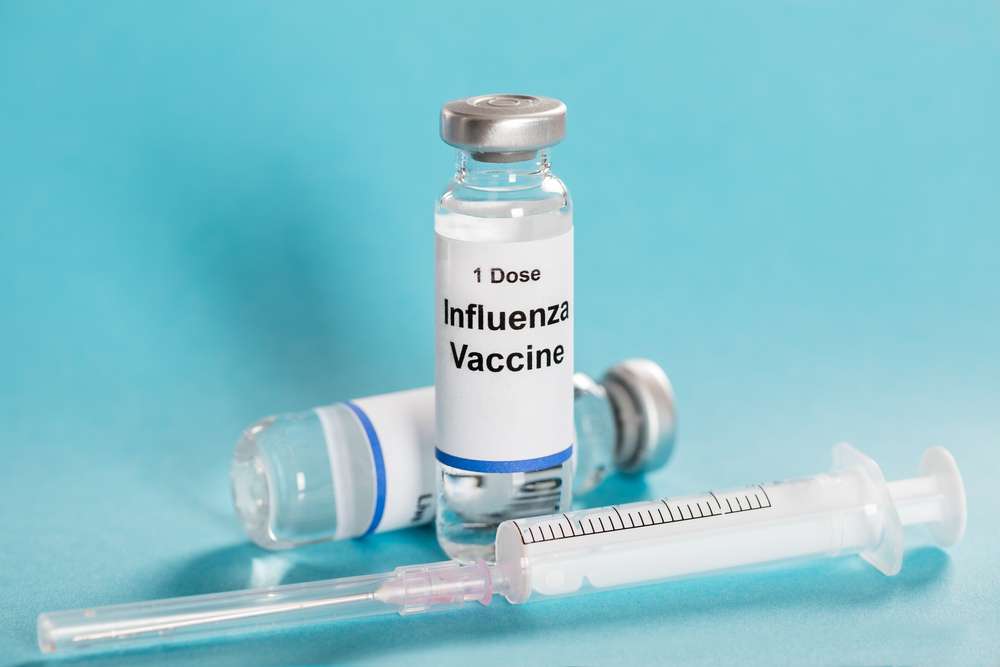Contents:
- Medical Video: Metabolic Syndrome
- What is the metabolic syndrome?
- What causes the metabolic syndrome?
- Obesity
- Insulin resistance
- What should be done to prevent the metabolic syndrome?
Medical Video: Metabolic Syndrome
Ever heard of the term metabolic syndrome? Maybe you rarely hear this term, but you might have one of the criteria for metabolic syndrome. Be careful if you have a metabolic syndrome condition, because this can increase your risk of heart disease, stroke and diabetes.
What is the metabolic syndrome?
The metabolic syndrome is not a disease, but a group of health conditions consisting of high blood pressure, high blood sugar, high cholesterol levels, and excessive abdominal fat. When all these health conditions are put together, they can cause serious health problems. A group of these health conditions can increase the risk of heart disease by twofold and increase the risk of diabetes by five times.
You are said to have metabolic syndrome if you have a group of the following health conditions:
- High blood pressure, characterized by systolic blood pressure of more than 130 mmHg or diastolic blood pressure of more than 85 mmHg
- High blood sugar levels, characterized by fasting blood sugar levels of more than 100 mg / dL
- Excess body fat around the waist (abdominal obesity), marked with a waist circumference of more than 90 cm for men and more than 80 cm for women
- Bad cholesterol and high triglycerides, characterized by good cholesterol (HDL) of less than 40 mg / dL for men and less than 50 mg / dL for women, while triglyceride levels are more than 150 mg / dL
If you only have one of the conditions above, you cannot say you have metabolic syndrome. However, having one of the above conditions that is not controlled is also capable of triggering other health conditions. Therefore, if you have one of the health conditions as above, it should be well controlled to prevent the metabolic syndrome.
What causes the metabolic syndrome?
Many factors can cause you to experience metabolic syndrome. However, there are two main causes, namely obesity and insulin resistance.
Obesity
Obesity can cause a person to have high blood pressure, high cholesterol, and high blood sugar levels. So, obese people are very vulnerable to suffer from type 2 diabetes, coronary heart disease, and other serious diseases. Excess fat in the abdomen or abdominal obesity is very closely related to the metabolic syndrome. Obesity alone can occur because you do not maintain your diet and lack physical activity.
Insulin resistance
Insulin resistance is very closely related to being overweight. Insulin resistance occurs when body cells in the liver, bone muscle, and fat tissue become less sensitive and resistant to insulin (a hormone that helps absorb glucose by body cells). These cells do not recognize insulin well, so glucose in the body is not well absorbed by these cells. As a result, blood glucose levels in the body increase and insulin production also increases, ending in the diagnosis of type 2 diabetes.
In addition to these two main causes, the risk of metabolic syndrome is also higher due to age. The older you are, the higher your risk of developing metabolic syndrome. In addition, genetic factors, unhealthy lifestyles, and hormonal changes can also increase your risk of developing metabolic syndrome. However, these factors can vary between individuals depending on ethnic groups. Other diseases, such as heart disease, nonalcoholic fatty liver disease, and polycystic ovary syndrome (PCOS) can also increase the risk of metabolic syndrome.
What should be done to prevent the metabolic syndrome?
If you already have a health condition that can develop into metabolic syndrome, you should immediately change your lifestyle. Metabolic syndrome can be prevented by:
- Lose weight
- Increase your physical activity
- Apply a healthy diet to maintain blood pressure, cholesterol and blood sugar so that it is always in the normal range. Enrich your healthy intake by eating vegetables, fruits, nuts, seeds, and fish.
- Stop smoking and drink alcohol
- Always control blood sugar levels, blood cholesterol and blood pressure. You can do it at the health center.
READ ALSO
- Cholesterol-lowering drugs: Is it effective to reduce cholesterol?
- Alert, These 7 Foods Contain High Salt
- Not Only Diabetes, Sugar Is Also Dangerous For Hypertension












